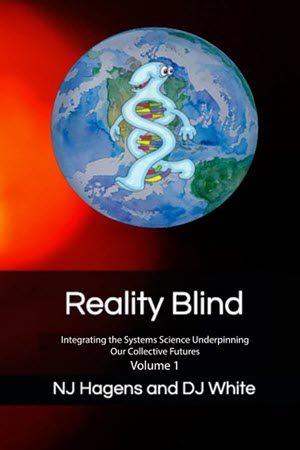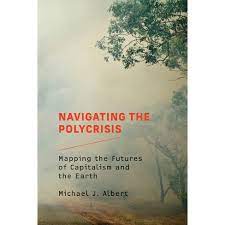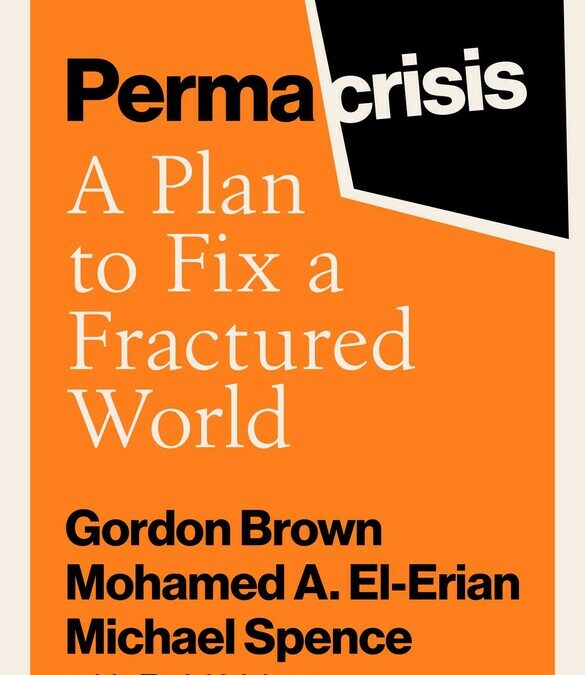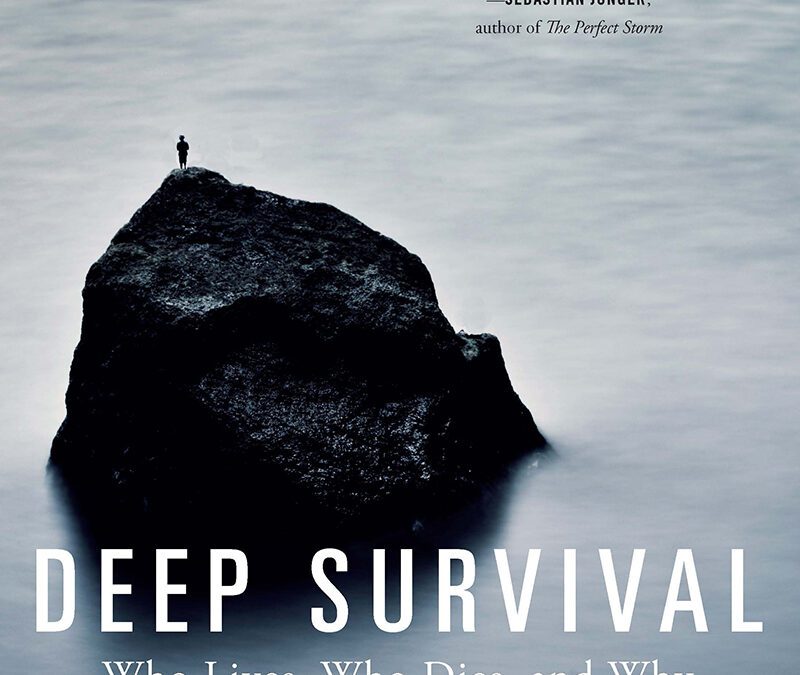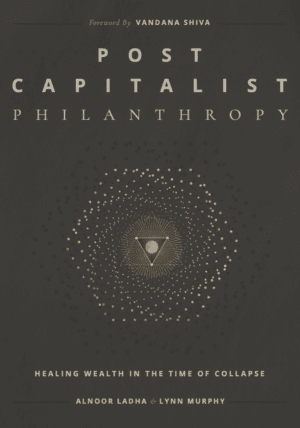By Nate Hagens
A story about Earth’s most successful modern creature – the human being. But Earth’s most successful modern creature is now in a predicament; a predicament brought about by a compelling combination of vital human traits and our (relatively) recent discovery of vast stores of fossil flammable fuel. Human’s recent discovery of flammable rock and liquid in the form of oil, coal, and natural gas has temporarily turbocharged humanity’s energy use and biomass. This “Carbon Pulse” is a brief period of geologic time in which all the carbon fuel stored up over hundreds of millions of years is expended in just a few centuries. The resulting impacts on wealth, economies, and ecologies are Earth shattering. Humans are reaching the end of the carbon pulse. Now we face a time of change that requires a quality of systems thinking and future planning never before required of our species.


